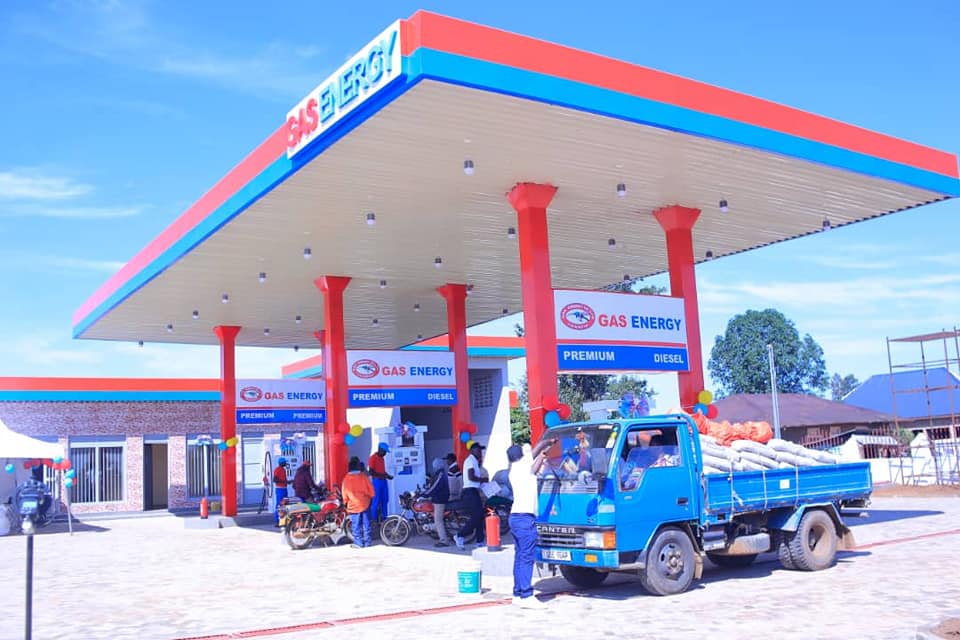UNBS, Energy Ministry drive fuel quality and safety compliance in Western Uganda
The meeting, held at the Igongo Country Hotel and Cultural Center, brought together local authorities and stakeholders as part of the ongoing Fuel Marking and Quality Monitoring Program (FMQMP). The initiative seeks to empower local leaders to enforce standards and combat illicit practices within the fuel industry.

The Uganda National Bureau of Standards (UNBS), in collaboration with the Ministry of Energy and Mineral Development (MEMD), recently concluded a crucial sensitization campaign in Mbarara, aimed at bolstering fuel quality, ensuring accurate measurements, and enhancing safety standards across South Western and Western Uganda.
The meeting, held at the Igongo Country Hotel and Cultural Center, brought together local authorities and stakeholders as part of the ongoing Fuel Marking and Quality Monitoring Program (FMQMP). The initiative seeks to empower local leaders to enforce standards and combat illicit practices within the fuel industry.
Speaking at the event, Disan Kiguli, Principal Petroleum Officer at the Ministry of Energy & Mineral Development, emphasized the critical need for safety around fuel stations. He urged Oil Marketing Companies (OMCs) and local authorities to ensure that only compatible businesses, such as supermarkets, are established near fuel stations.
“We must desist from operating non-compatible businesses like night clubs or even having residential houses near fuel stations,” Kiguli cautioned, citing significant safety hazards. He further called upon all businessmen in the fuel industry to legalize their operations, ensuring compliance with national regulations.
Dean Tashobya, Principal Standards Officer at the Ministry of Energy & Mineral Development, underscored the importance of collaborative efforts in upholding fuel standards. He urged local leaders to work closely with both MEMD and UNBS to ensure that fuel standards are rigorously implemented by Oil Marketing Companies.
Tashobya also took the opportunity to demystify standards, explaining their development process and highlighting their numerous benefits. His presentation aimed to encourage OMCs to proactively implement these standards and to empower local leaders in their regulatory roles.
Further insights into the program were provided by Peter Kitimbo, UNBS Fuel Marking and Quality Monitoring Field Supervisor. He vehemently urged Oil Marketing Companies to cease fuel adulteration, a practice that compromises fuel quality and consumer trust.
Kitimbo proudly noted that the Fuel Marking and Quality Monitoring Program has dramatically reduced fuel adulteration rates across the country, from over 30% in 2000 to a projected less than 1% by 2025. This significant achievement underscores the program’s effectiveness in safeguarding fuel integrity.
However, recent survey findings presented by UNBS reveal concerning regional disparities in compliance. The Eastern region recorded the highest non-compliance rates at 36%, followed by the Western region at 24%.
The Southern region stood at 22%, the Central region at 13%, and the Northern region reported the lowest non-compliance at 6%. The ongoing sensitization campaigns, particularly in regions with higher non-compliance, are a strategic move to address these disparities and ensure uniform adherence to quality and safety standards nationwide.
The campaign in Mbarara is a testament to the government’s commitment to ensuring that consumers receive quality fuel products and that safety regulations are strictly observed across all fuel distribution points.







